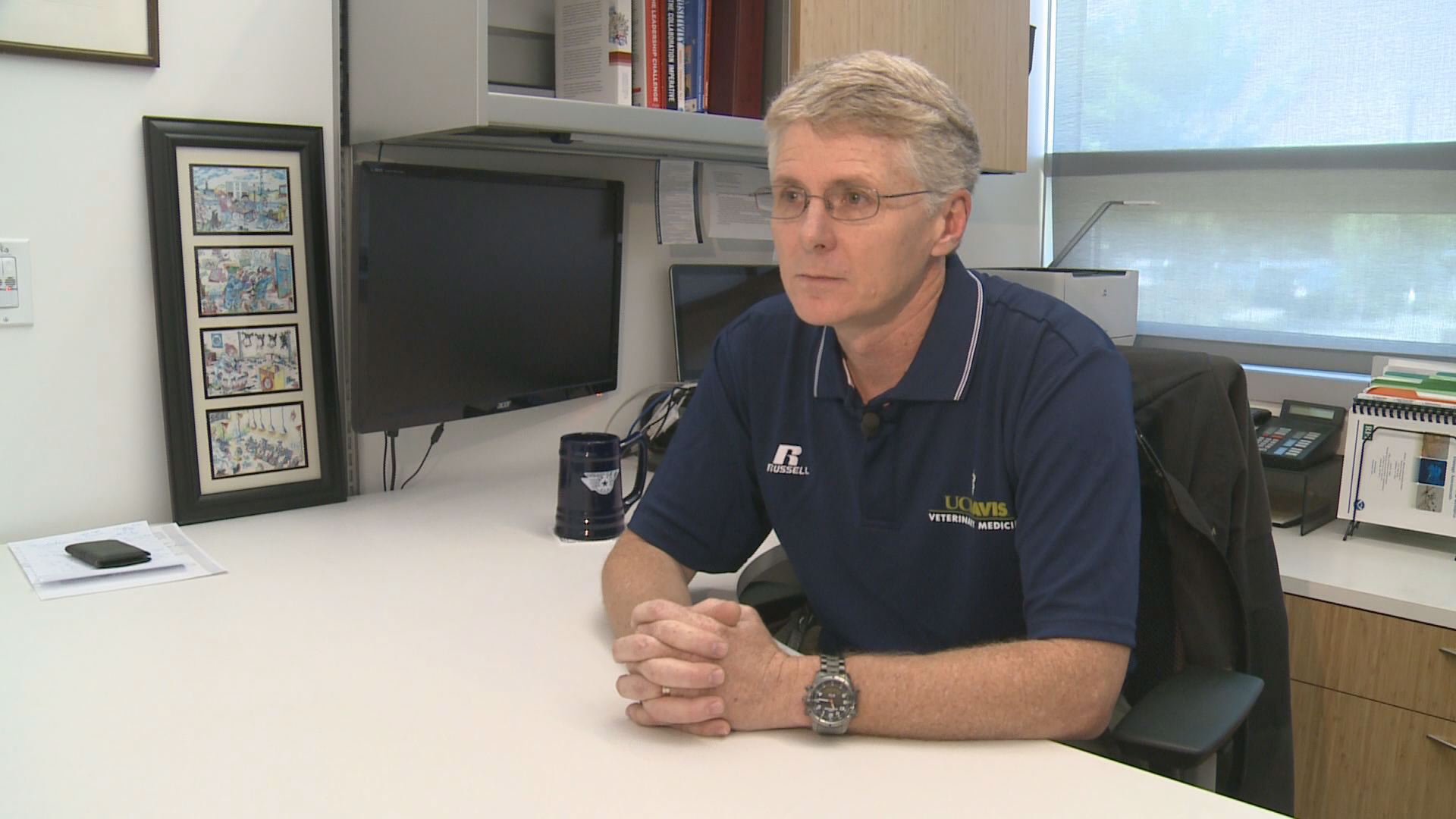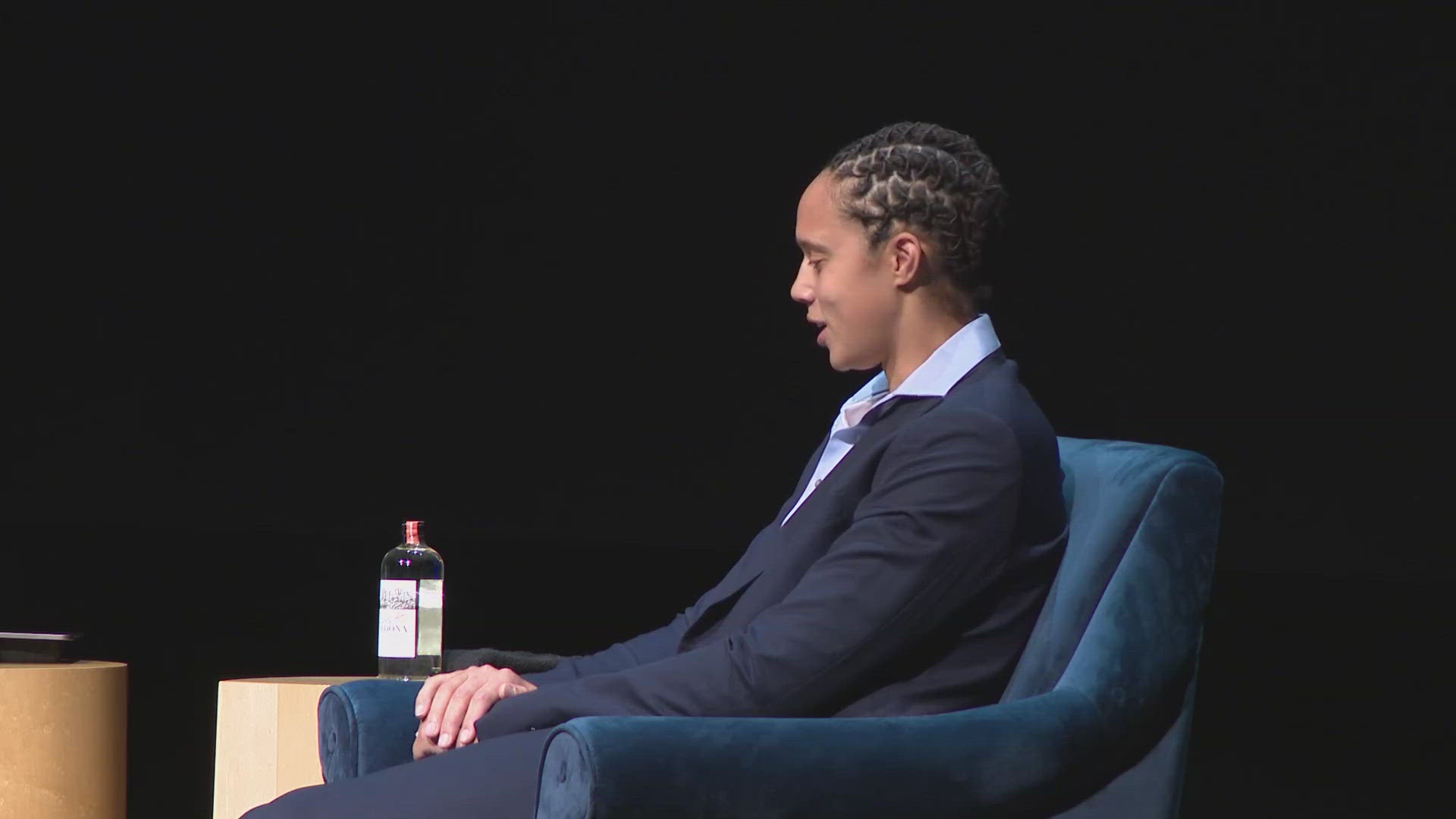He didn't get to celebrate Christmas with his family last year -- UC Davis Veterinarian Dr. Mike Ziccardi was called away on Dec. 22 to the Mongla region of Bangladesh to help more than 800 species of animals threatened by an oil spill.
The world's largest mangrove forest was at the heart of a 92,000-gallon oil spill caused by a tanker-freighter crash. The mangrove forest is home to 20 species of globally protected animals.
Ziccardi, head of the school's "Oiled Wildlife Network," joined other scientists from around the world to come up with a plan to save the region's oil-drenched wildlife. He is the man to call when wildlife needs help.
"Anywhere in the world if assistance is needed, we're one of 10 international organizations that are leaders in this field," Ziccardi said. "So we may get a call at times depending on what the needs are."
He spent two weeks on the oily water, rarely sleeping or showering. Rescue missions in developing nations don't bunk scientists at a Hyatt. This mission was funded by U.S. aid and Bangladesh's federal government. Ziccardi said he was stuffed with others in an old houseboat -- four men in a tiny room with bunk beds; one of them was 6 feet 5 inches.
"It was close quarters so most of our work was out on the water during the day and long hours so we didn't spend a lot of time in the bunk room itself."
Ziccardi said despite the cramped space, he slept.
The scientists also spent time assessing damage and making suggestions on what to do if this happens again.
With UC Davis being one of the world leaders in saving wildlife from oil spills, all Ziccardi knows is there will be a next time.
"My family is kind of used to me having to take off at times."


